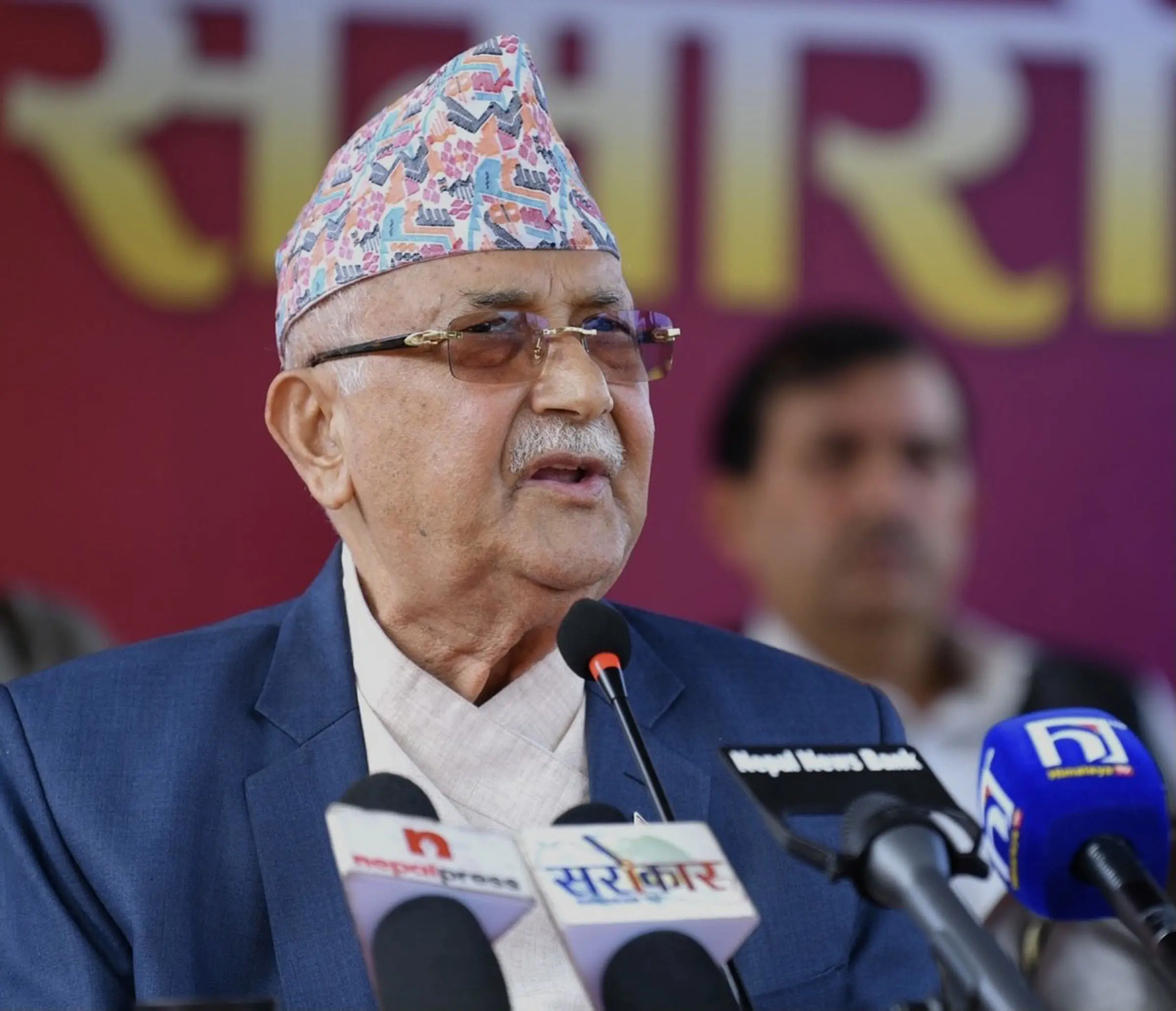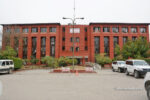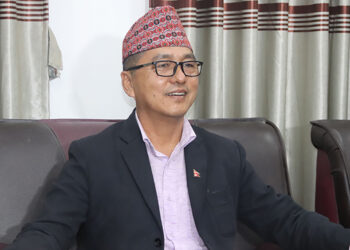KATHMANDU: Prime Minister (PM) KP Oli has reaffirmed his government’s commitment to making Nepal a country free of street-dependent individuals by 2025.
During a meeting with representatives of Manavsewa Ashram at his official residence in Baluwatar, PM Oli highlighted that the first meeting of the new council of ministers had set a target to eliminate street dependency by mid-July 2025.
PM Oli expressed the government’s support for the initiative, emphasizing the need to address the various reasons that lead individuals to live on the streets. He assured that necessary actions would be taken to support this campaign.
On this occasion, representatives from Manavsewa Ashram presented a congratulatory letter to PM Oli, who was appointed the 45th Prime Minister of Nepal by President Ramchandra Paudel on July 14.
The Ashram, a non-profit organization, is actively campaigning to create a “street-people-free” Nepal by assisting vulnerable communities, including the impoverished, disabled, homeless, and those facing physical or mental challenges.
Ramji Adhikari, chief founder and central president of the Ashram, reaffirmed the organization’s commitment to support the government’s resolution to eliminate begging in Nepal by 2025, as outlined in the approved policies and programs for the fiscal year 2024/25.
Additionally, Radhika Shakya, a patron of Manavsewa Ashram, provided a special food service for underprivileged individuals at the Ashram yesterday evening in honor of the Shrawan Sankranti religious festival.
For the past 12 years, the Ashram has been dedicated to rescuing, treating, nurturing, and reuniting orphans, the disabled, and those living in miserable conditions on the streets across the nation. The goal remains to build a Nepal free of helpless and underprivileged individuals living on the streets by 2025.
Currently, the Ashram operates 24 service centers in 19 districts across seven provinces and is sheltering 1,700 street-dependent individuals. It has rescued over 10,000 people and successfully reunited more than 4,000 with their families.









Comment